Little criminals of the Victorian era
Categories: Children | Conflict | Europe | History | Photo project | Society | World
By Pictolic https://pictolic.com/article/little-criminals-of-the-victorian-era.htmlPillowcases thieves, burglars shops and petty crooks juvenile offenders, which a hundred years ago in the UK flogged with rods, sent to correctional work, and even imprisoned in adult prison for disorderly conduct. The strict mores of the Victorian era did not spare even the youngest citizens, so they are punished on a par with hardened criminals.
See more of pictures of young offenders, which were made in 1902 — 1916 years. Find out what they were convicted of our material.
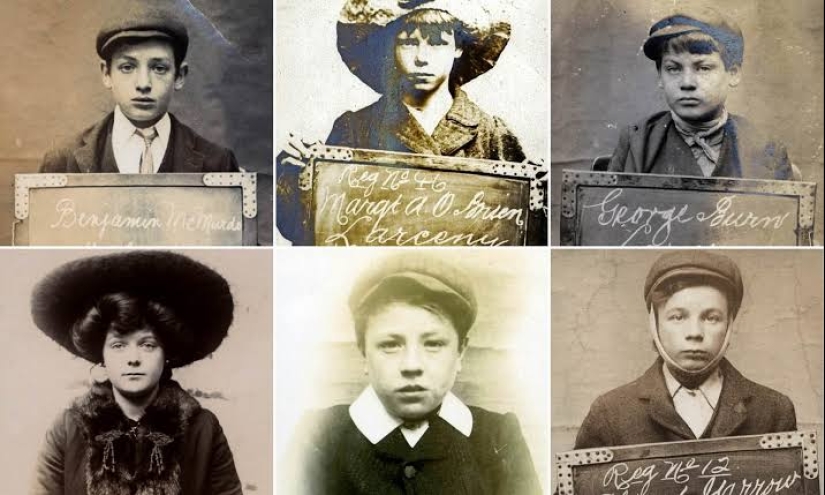 Theft of rugs to non-payment of the account in the cafe: in our days for such antics teenagers just thoroughly scolded would. These images of juvenile delinquents from the police archive North shields, near Newcastle, was made in 1902 — 1916 years before they were sentenced to flogging flogging or other punishment for their antics.
Theft of rugs to non-payment of the account in the cafe: in our days for such antics teenagers just thoroughly scolded would. These images of juvenile delinquents from the police archive North shields, near Newcastle, was made in 1902 — 1916 years before they were sentenced to flogging flogging or other punishment for their antics.
In 1908 great Britain was adopted the children's Act, which divided the juvenile court case on criminal and on welfare. For crimes in the field the second conclusion for those who have not reached 14 years, were canceled. In the same year entered into force the law on the prevention of criminal offences, according to which boys and men aged 16 — 20 years went to the correction in high-security institutions, based on execution of work and education.
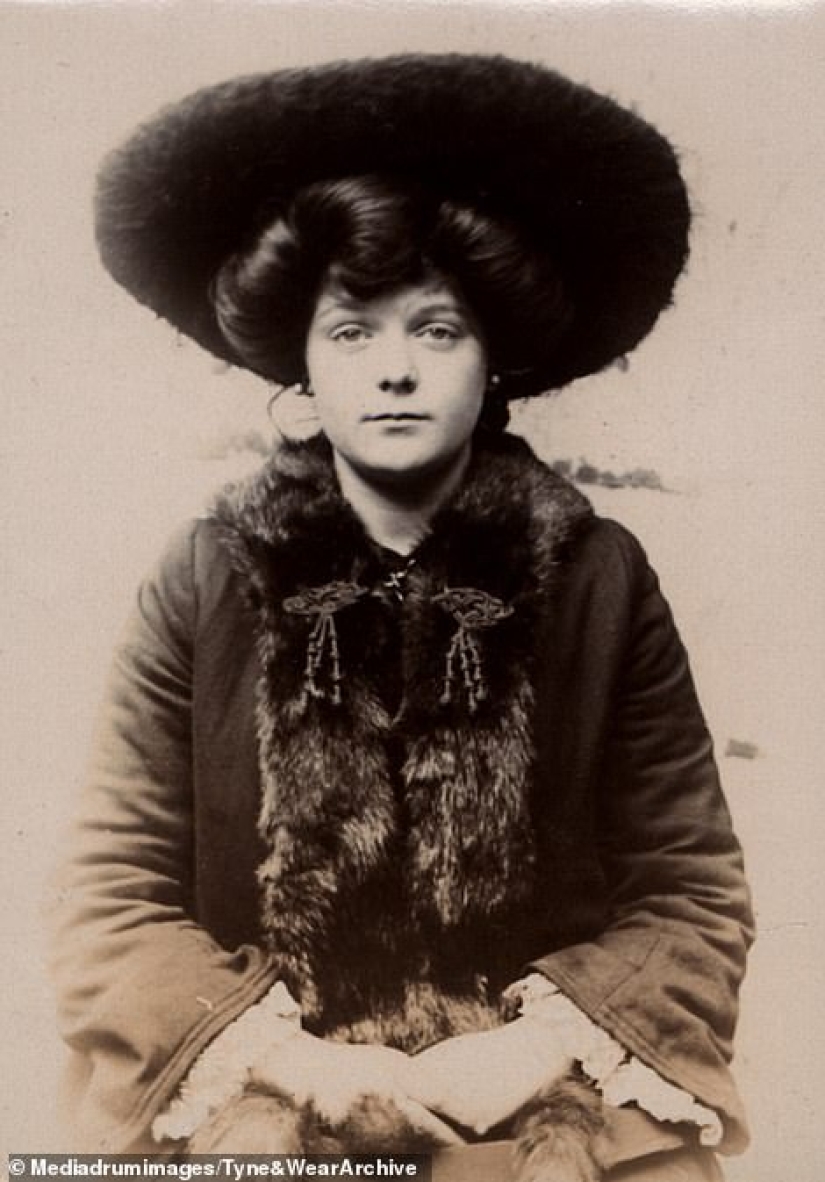
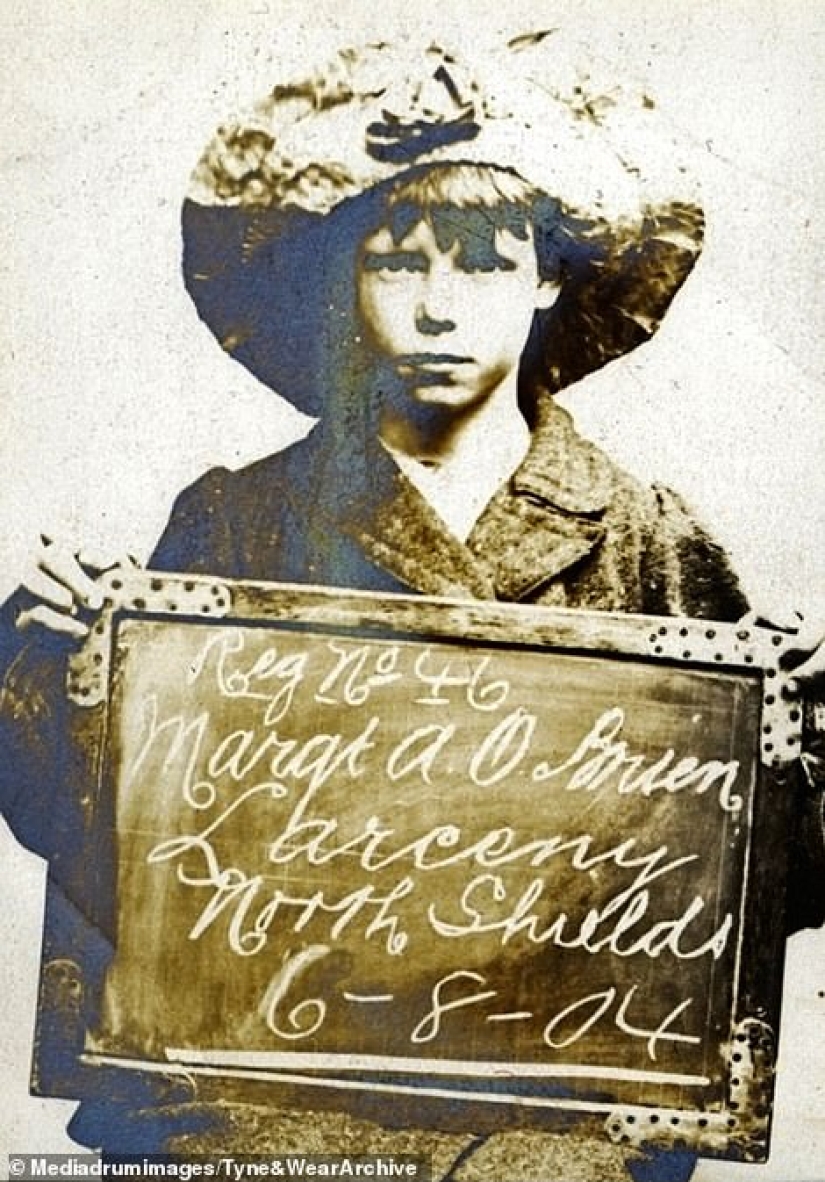
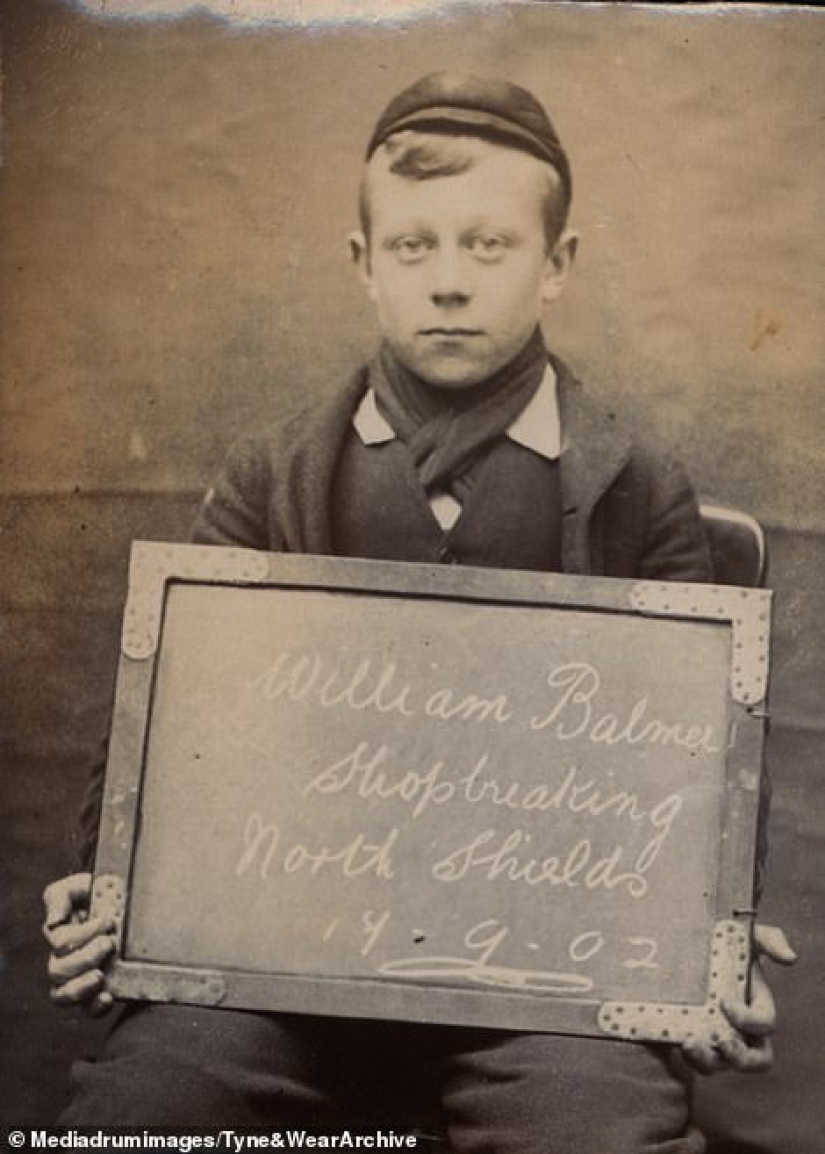
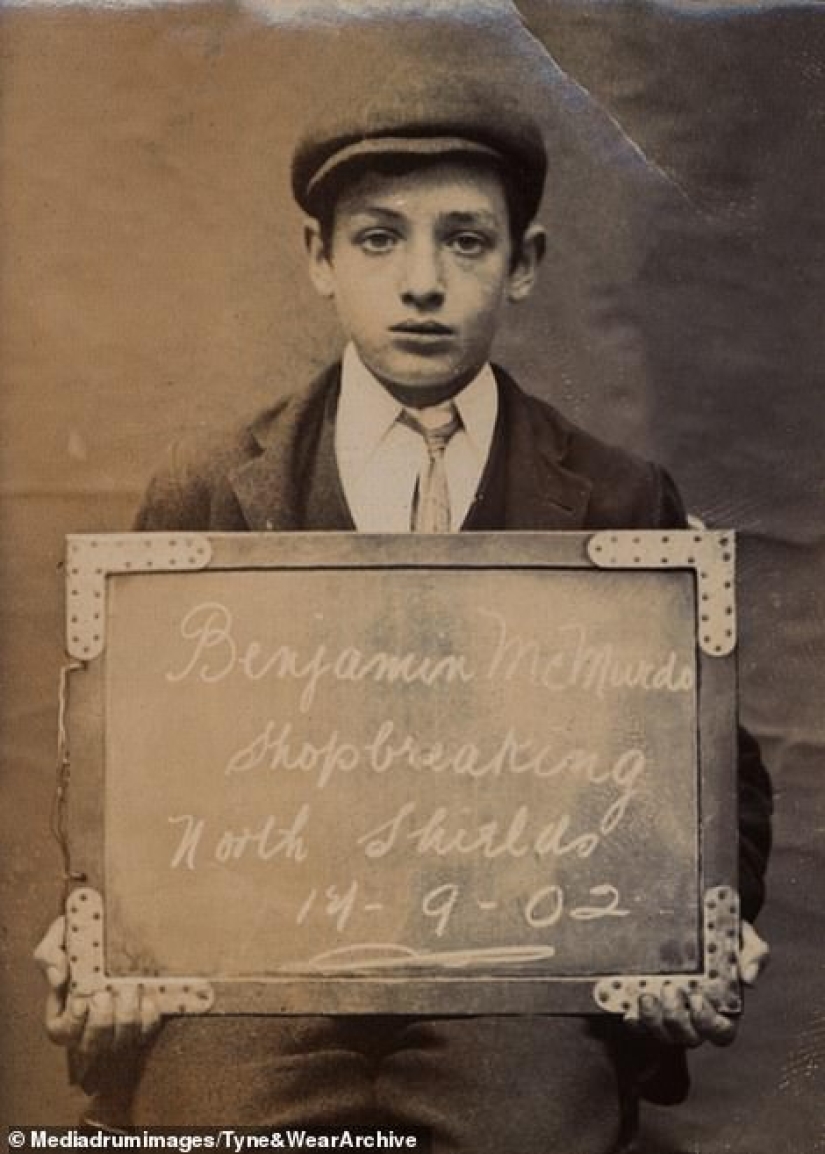
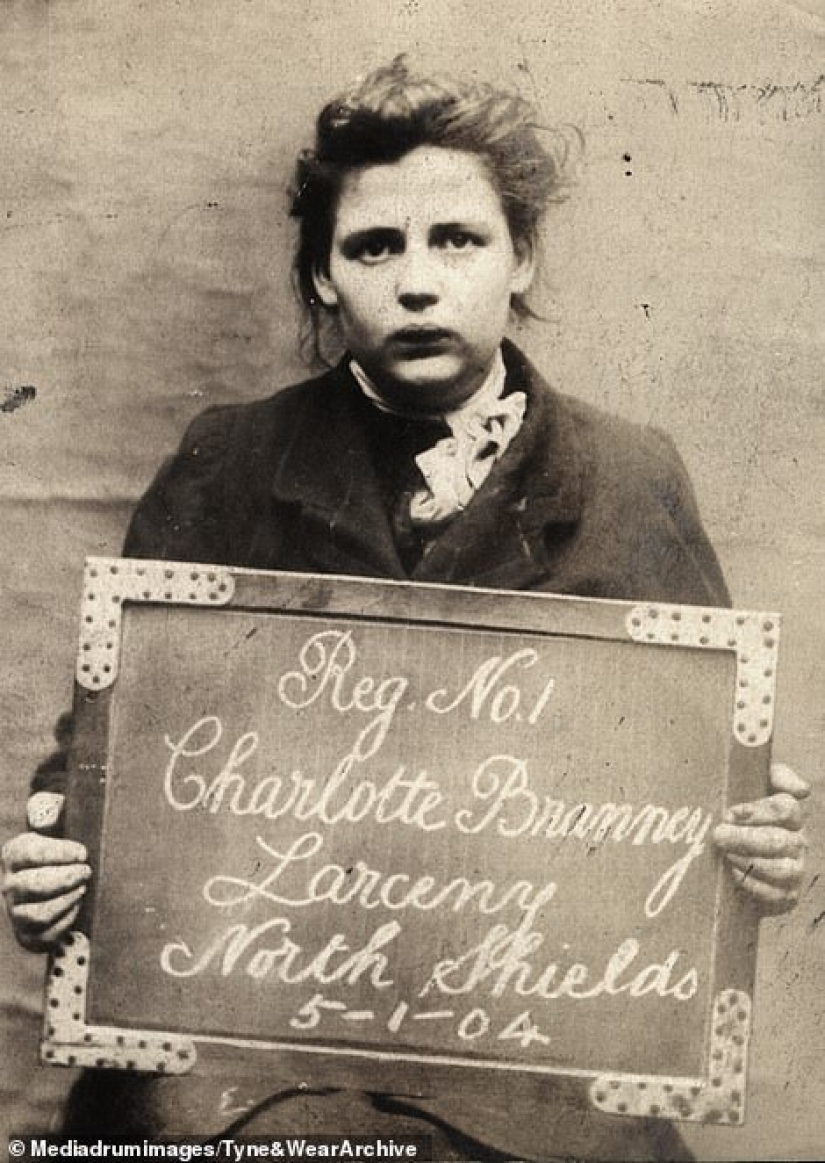
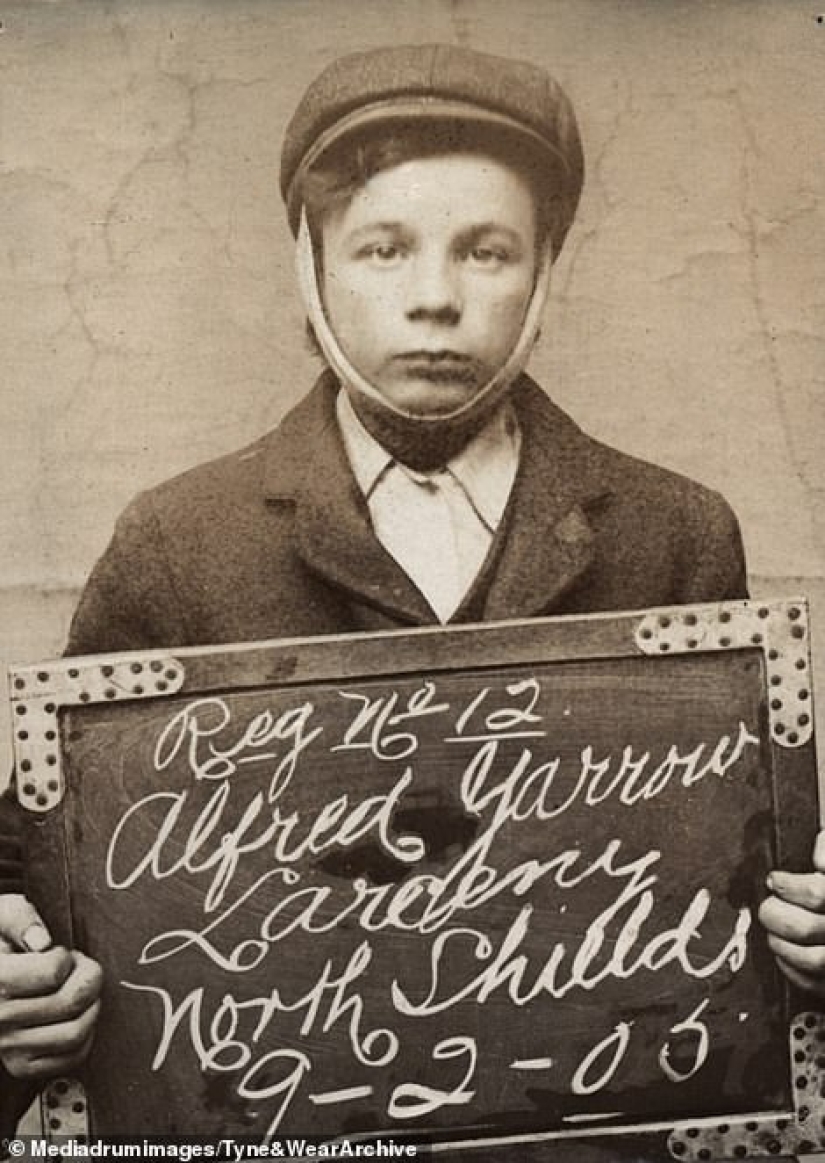
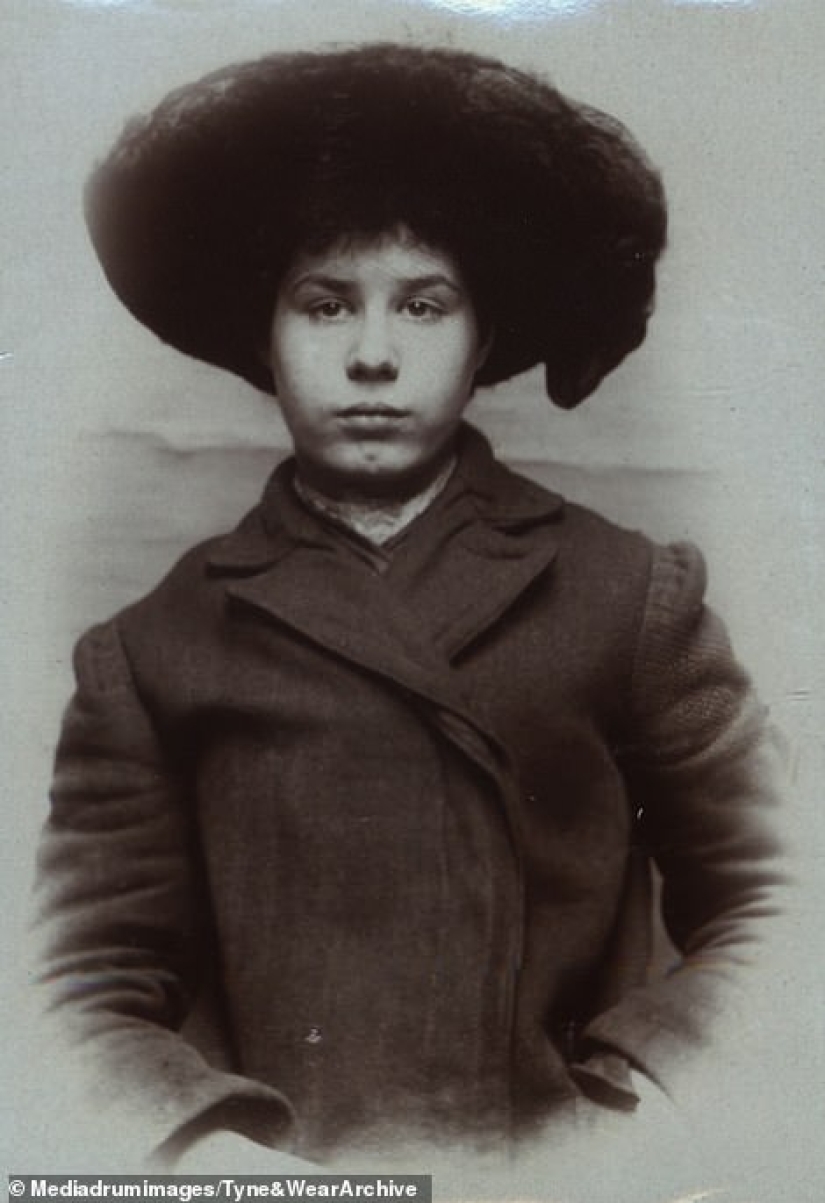
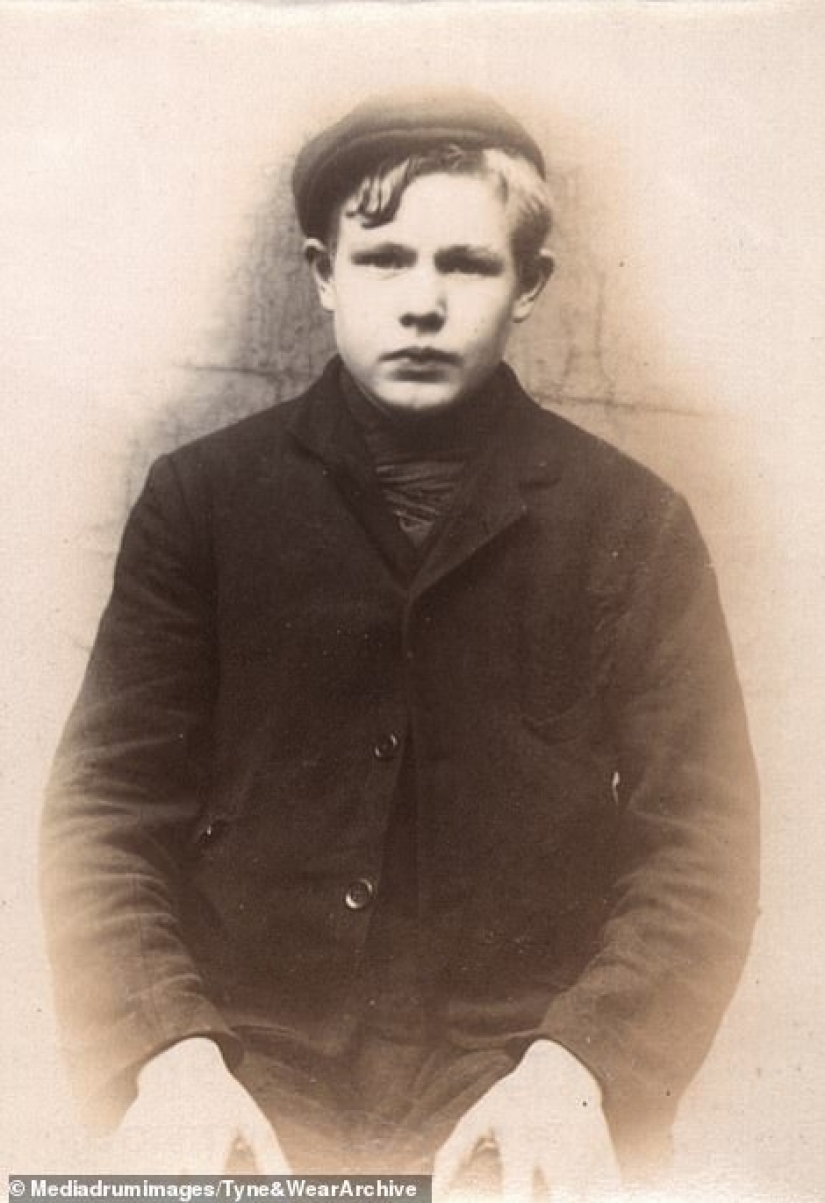
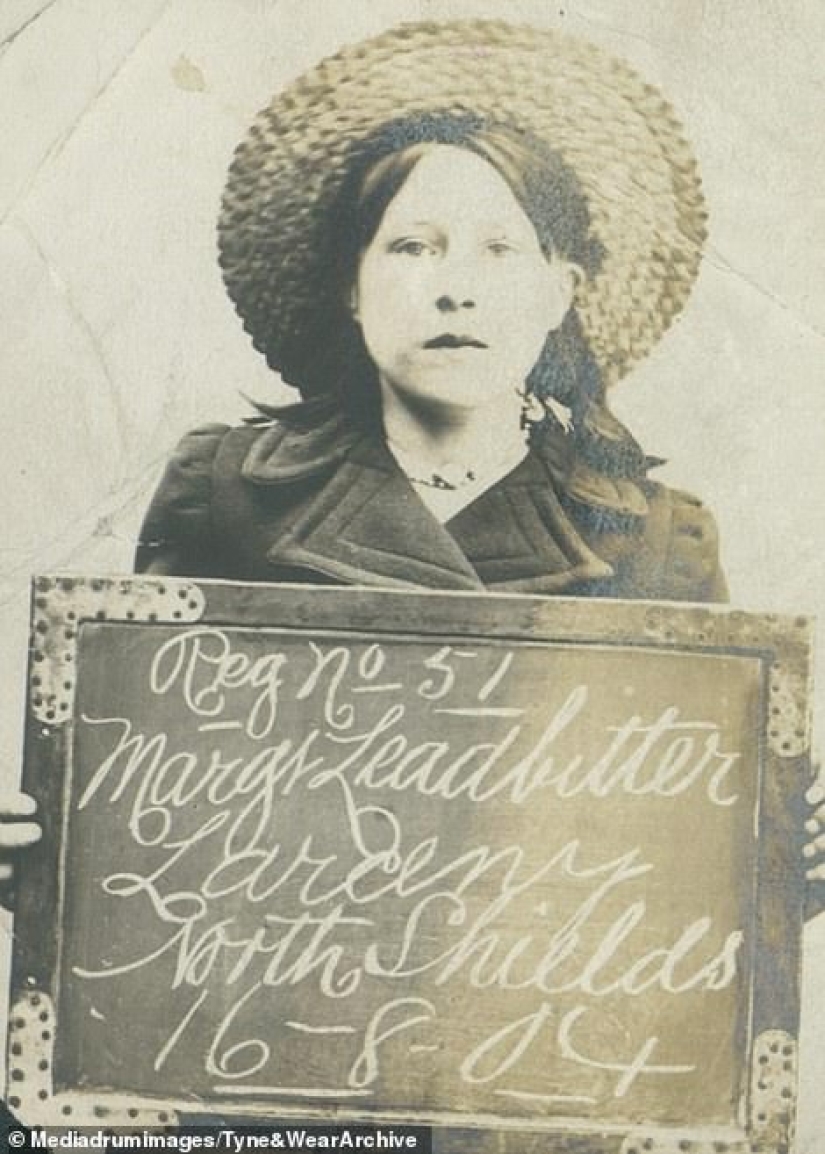
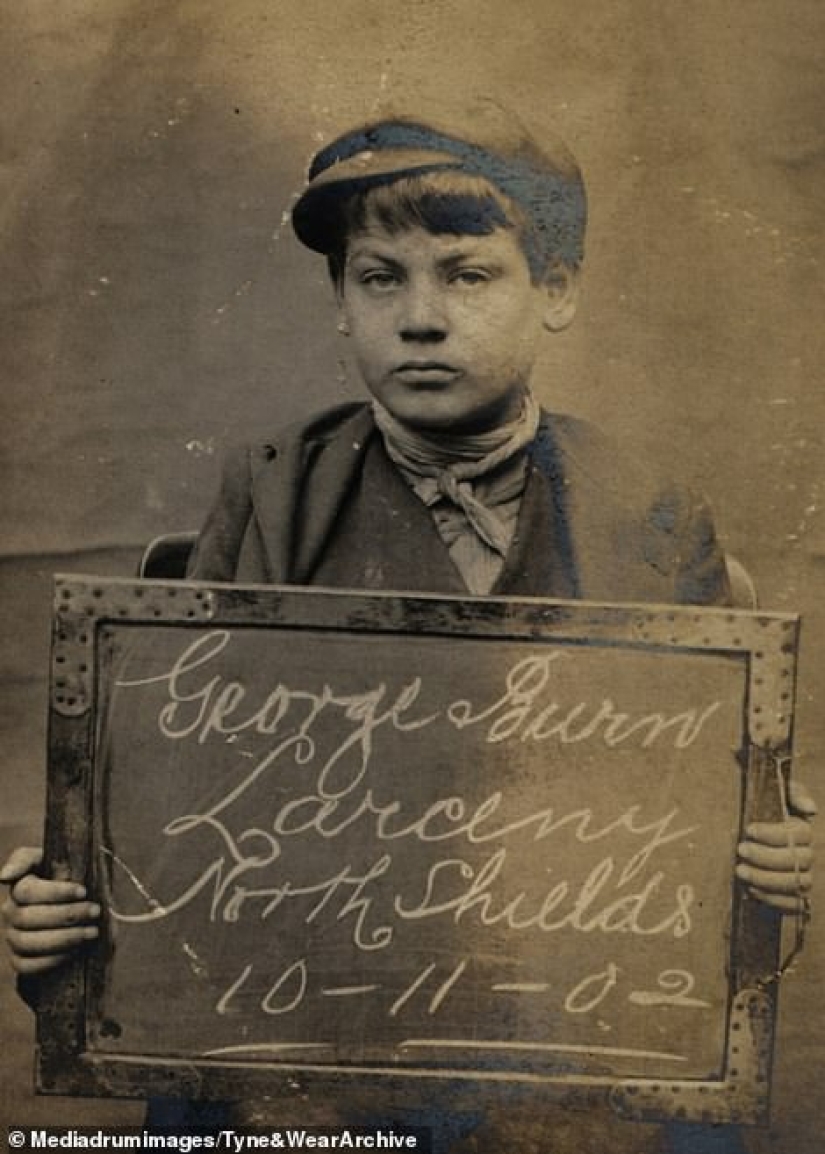
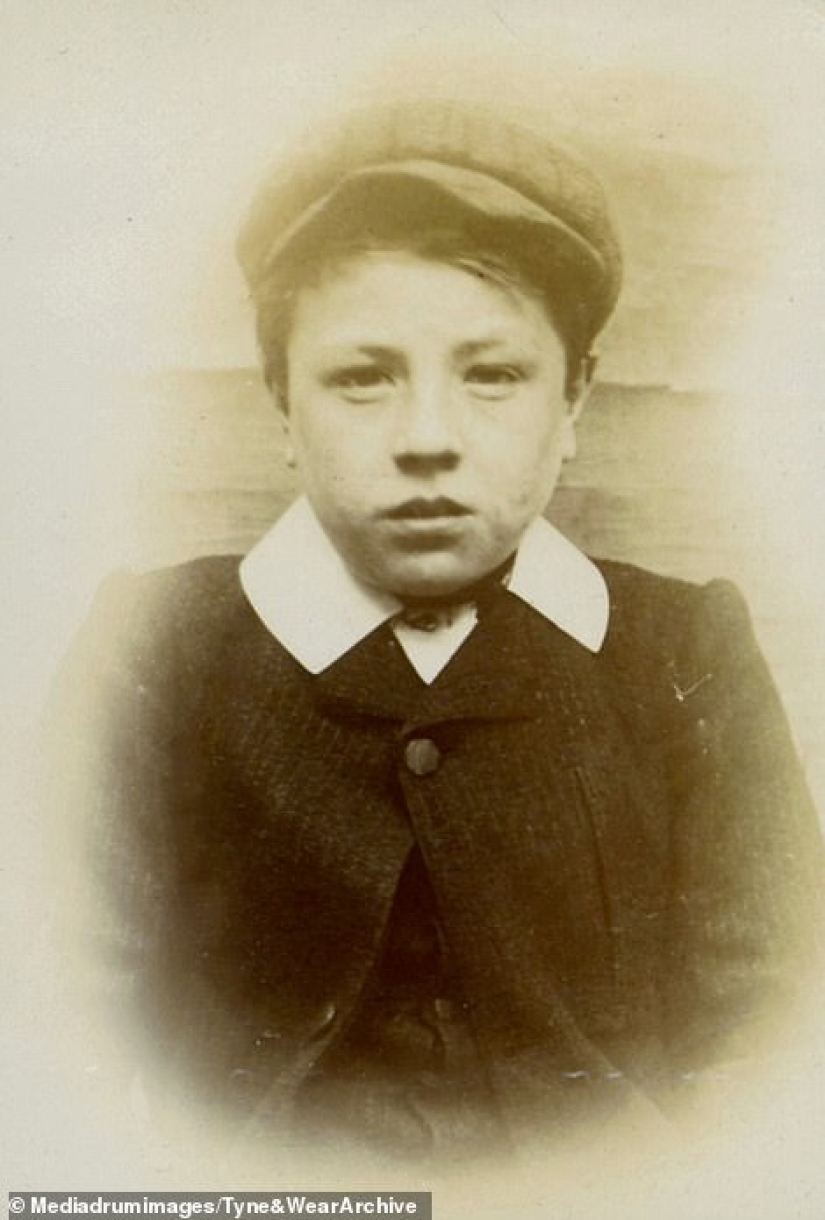
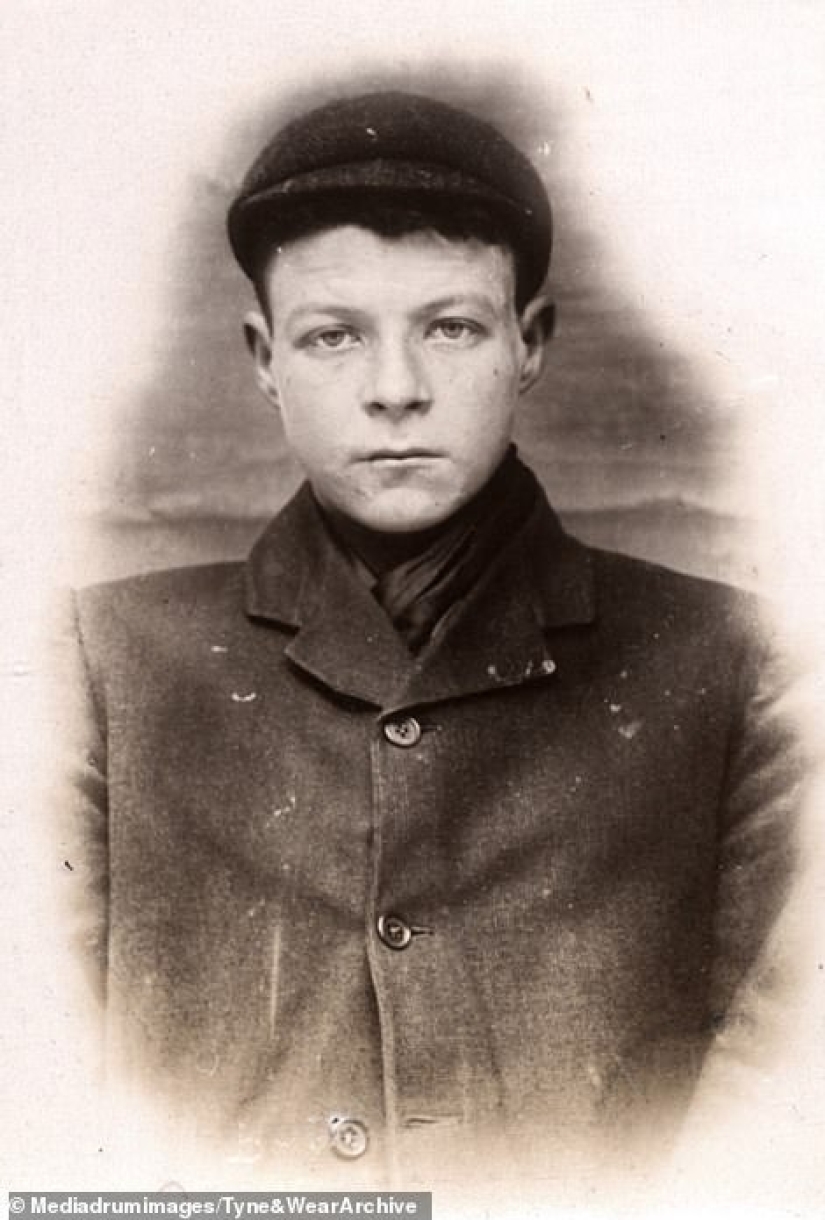
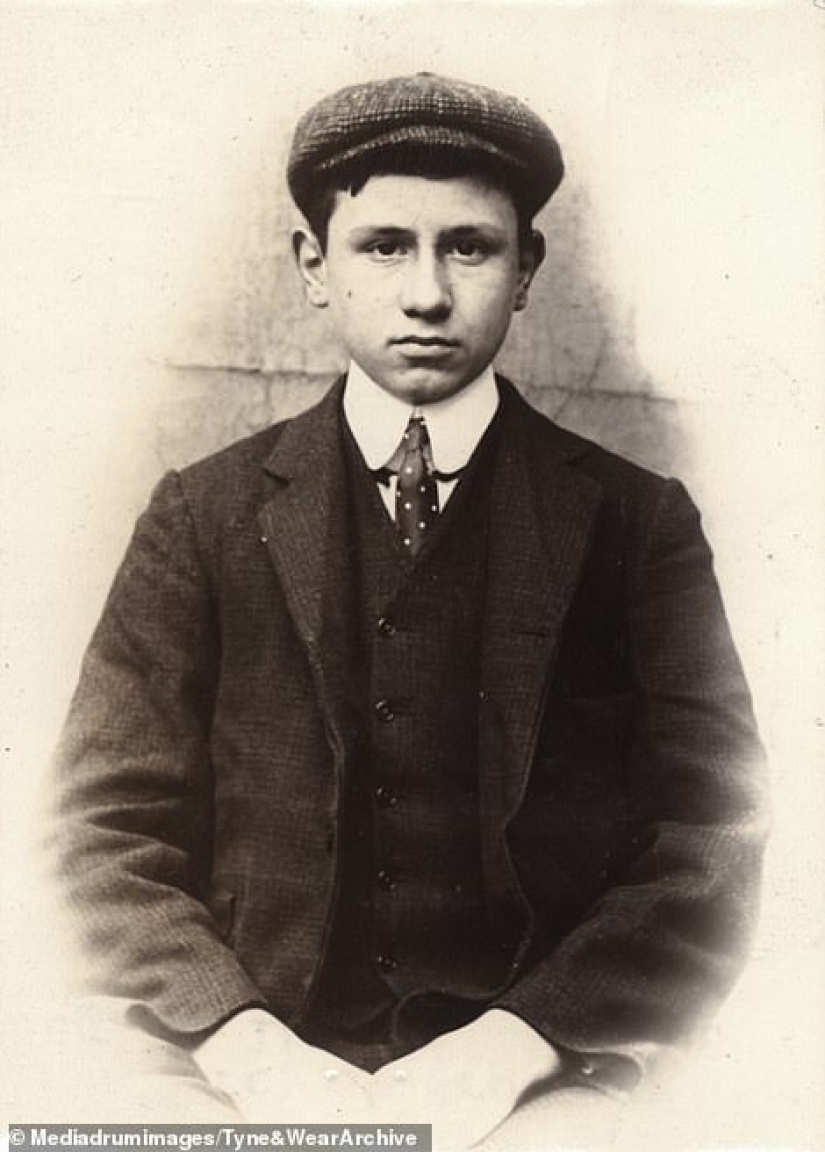
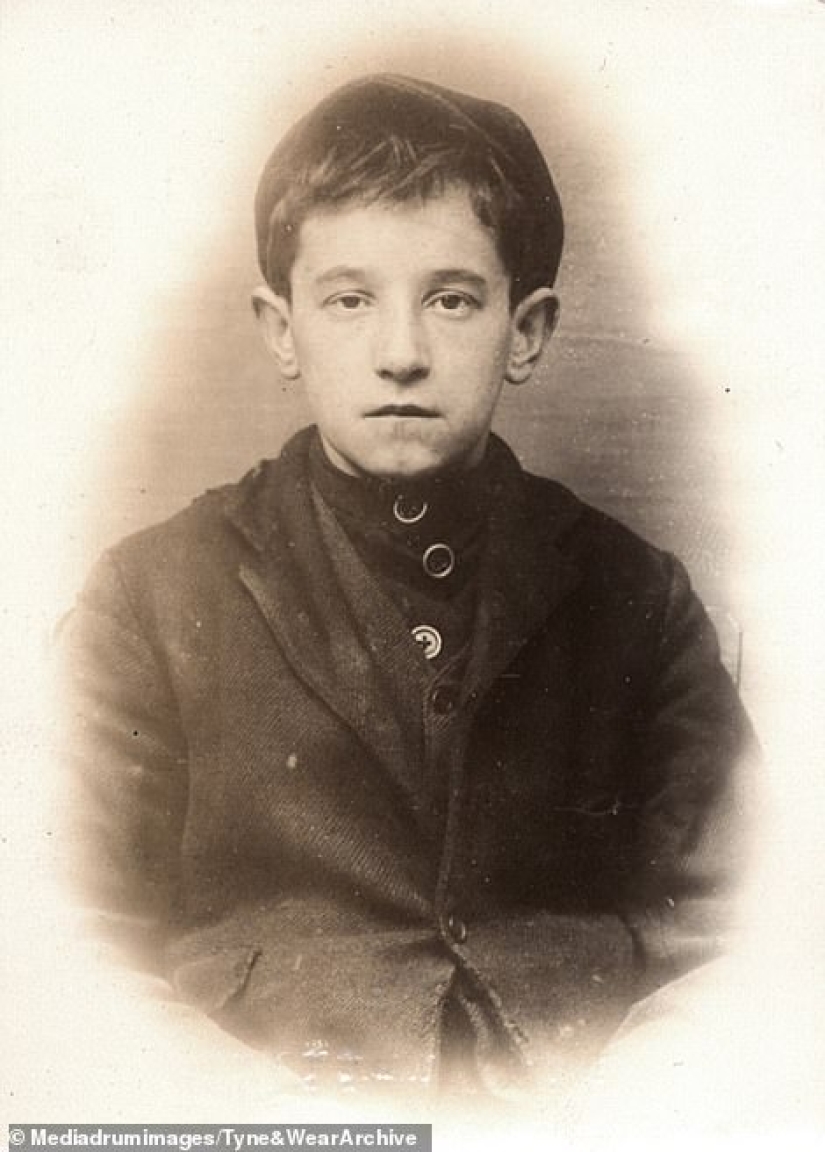
As you can see, the attitude to juvenile bullies were just as strict as the mores of the Victorian era. Little pranks have turned into teenagers real adult punishment, after which they are unlikely to want to repeat his antics. One law for all, even for the youngest citizens of the country: the British courts in the early twentieth century, religiously revered this rule and did not spare even children.
How do you feel about the judicial punishment of juvenile delinquents?
Keywords: Archive | UK | Victorian | Theft | Punishment | Juveniles | Teens | Crime | Criminals | Sentence | Retro photo | Court | Prison | Vandalism
Post News ArticleRecent articles

It's high time to admit that this whole hipster idea has gone too far. The concept has become so popular that even restaurants have ...

There is a perception that people only use 10% of their brain potential. But the heroes of our review, apparently, found a way to ...
Related articles

Most of us think that the color of the eggshell does not play any role and it is possible not to pay attention. But it's not and ...

American documentary photographer Bruce Davidson came to the UK in 1960 for a couple of months on the assignment of Queen magazine. ...

No wonder long hair has been considered a woman's adornment for many centuries. Girls with luxurious curls attract attention and ...

New Year's is a time to surprise and delight loved ones not only with gifts but also with a unique presentation of the holiday ...